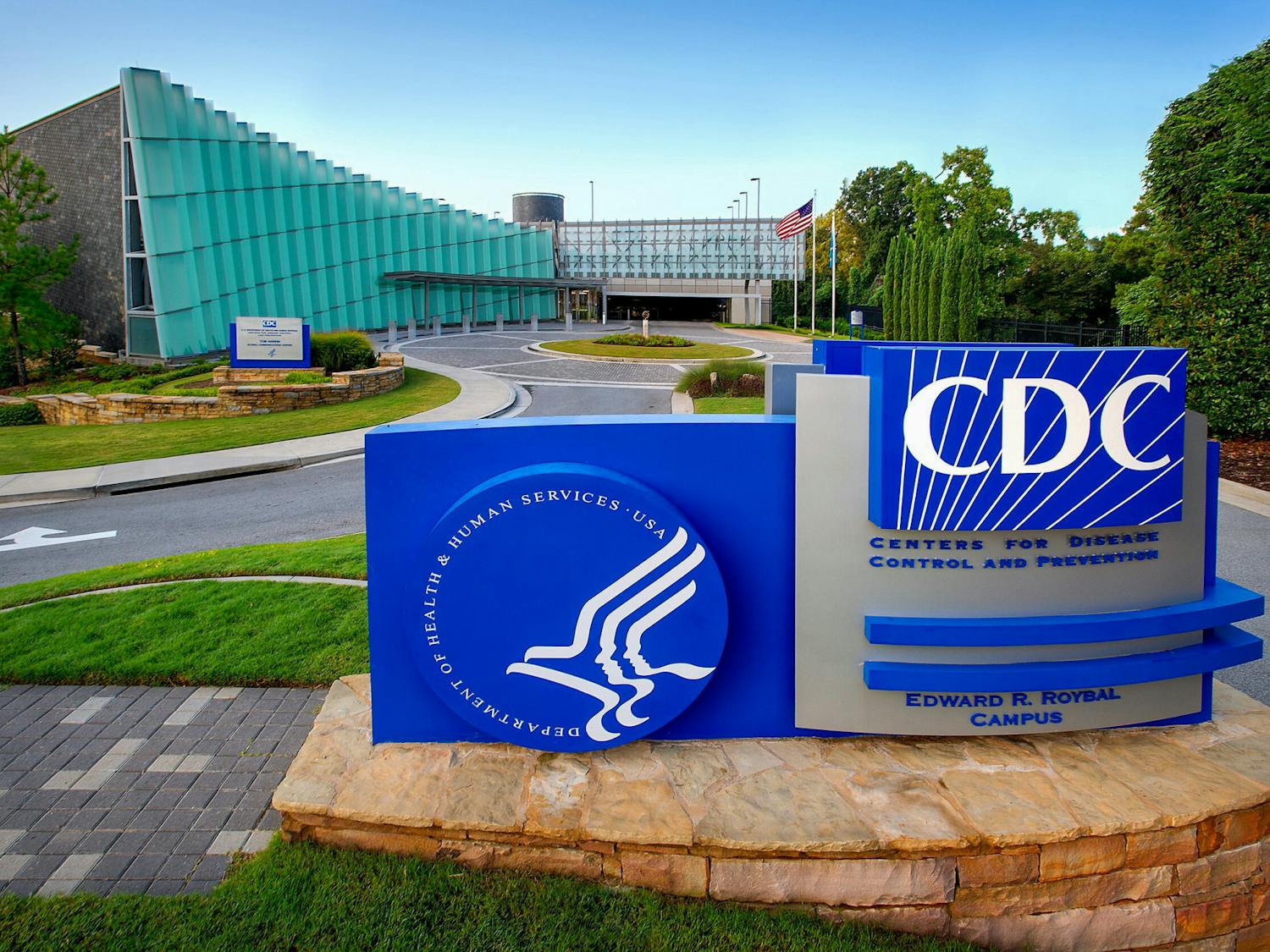Newly uncovered documents show the University offered to purchase Drexel University in November, but the offer was dropped when the Antitrust Division of the U.S. Department of Justice threatened to block the proposed merger.
The Daily Pennsylvanian obtained 300 pages of documents from a former Facilities and Estate Services employee, who was fired after Shake Shack announced it would be building a location on Drexel’s campus and not Penn’s. The documents include emails, letters and text messages among Penn and Drexel administrators.
David Cohen, the chairman of Penn’s Board of Trustees and the executive vice president of Comcast, sent a letter on Nov. 22 to Drexel President John Fry offering $2 billion dollars for the neighboring university.
“A merger of our institutions would be mutually beneficial, allowing us to pool our significant resources and strengthen the community in University City and Philadelphia,” the letter read. “The vitality of the city depends on ‘eds and meds’ like our universities.”
“P.S. A merger would give us easy access to Shake Shack, too. We’ll pay top dollar for that alone,” the letter ended.
In a response, Fry — who was formerly Penn’s executive vice president — sent an email to Cohen: “I think we can work something out,” also indicating that Drexel would be willing to accept access to the Penn Vet Working Dogs Center in exchange for a lesser price.
When rumors of the deal surfaced, however, the Justice Department sent a letter to Cohen and Fry, saying that a merger would constitute a violation of antitrust laws. The letter noted that the two universities together would make up over 30 percent of the market share of college students in Philadelphia.
Cohen called the merger “a lot less scary, a lot less large and a lot less complicated than some people would like to make it.” He noted that Penn and Drexel do not compete for students in a single ZIP code in the United States. He could not provide evidence to support this claim.
“Any time there is any consolidation in the higher education space, the sky is going to fall, the world is going to end as we know it, the Internet is going to end as we know it,” Cohen said. ”
But advocates for higher education affordability decried the failed deal, saying it would have given Penn an effective monopoly — leading to lower quality education and tuition even higher than it already is.
“Penn already gouges its students with its tuition of over $60,000 a year,” College Affordability Matters President Anna Gorman said. “If it had merged with Drexel, students who want to study in beautiful West Philadelphia would have had to pay hundreds of thousands a year.”
Community activist George Freeman said the offer is just another example of Penn attempting to gentrify the neighborhood, pushing out longtime residents to build amenities for “rich Penn kids.”
“Thank god this deal didn’t go through,” Freeman, who lives just north of Drexel said. “Six blocks of separation between me and Penn students is my limit.”
129 has-been Sarah Smith contributed reporting.








